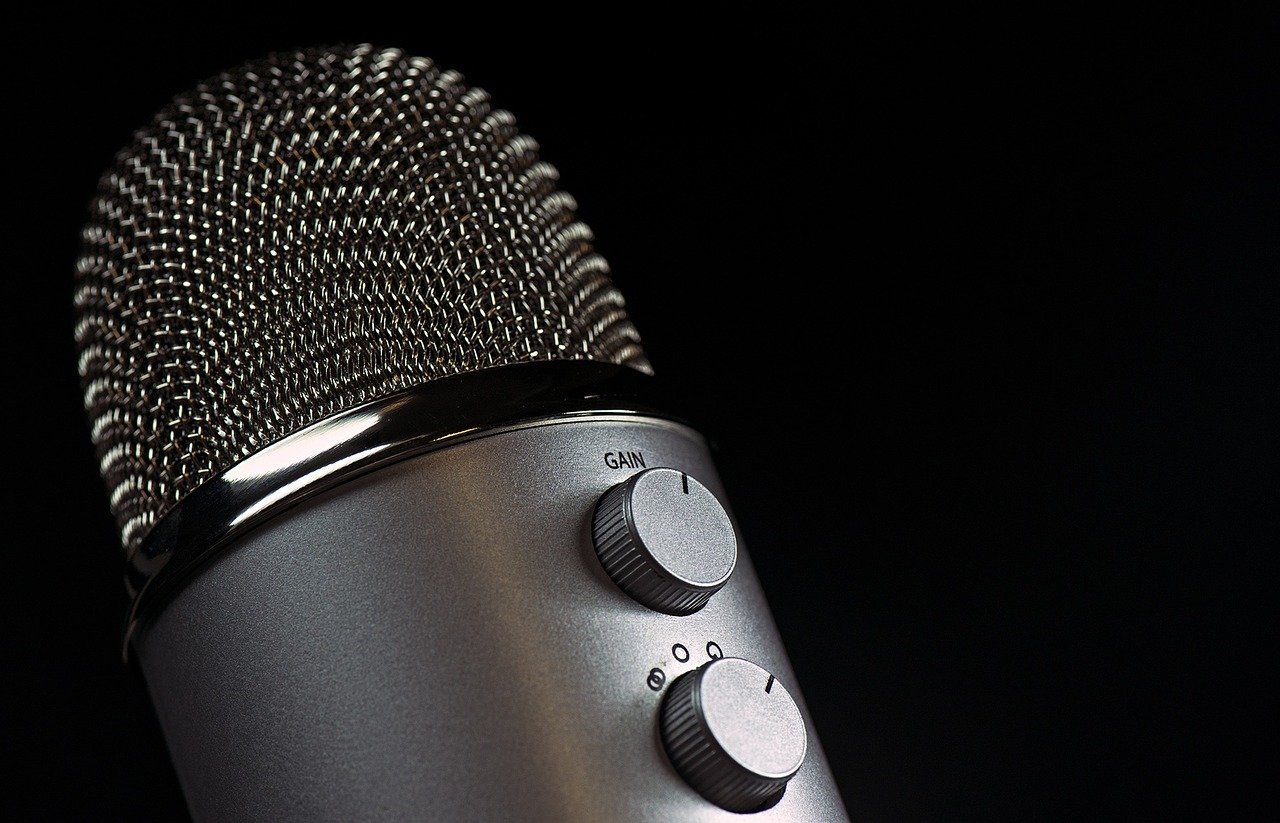Maria Ressa, a prominent journalist, and Reynaldo Santos J., former reporter at one of Philippines’ most influential news sites, Rappler, have been found guilty of cyber-libel, in a case seen as a “dark day” for the country’s media freedom. Ressa, the founder of Rappler and a former journalist at CNN, faces up to six years in prison, and fines of P200,000 (US$4,000) in moral damages and another P200,000 in exemplary damages. She has denied the charges and claimed they were politically motivated.
The guilty verdict is widely seen as a retaliation for Rappler’s coverage of President Rodrigo Duterte’s murderous “war on drugs,” including in-depth reporting on extrajudicial killings committed by police and police-linked “death squads.” Officially, the “war” has taken more than 5,300 lives. Human rights groups, however, say the figure is in the tens of thousands. Rappler has also exposed the pro-Duterte network circulating alleged fake news on social media.
The National Union of Journalists of the Philippines (NUJP) called the verdict “a dark day” for independent Philippine media and all Filipinos, the Committee to Protect Journalists (CPJ) describes the verdict an “outrageous crime against press freedom” and Human Rights Watch said it “highlights the ability of the Philippines’ abusive leader to manipulate the laws to go after critical, well-respected media voices, whatever the ultimate cost to the country.”
The cyber-libel case against Ressa and Santos stemmed from a 2017 complaint filed by a businessman, Wilfredo Keng, over a Rappler story by Santos that that linked him to illegal activities including human trafficking and drug smuggling, published in 2012. Keng said he was “defamed” when he was linked to the then-Supreme Court chief justice, Renato Corona, who was removed from office through impeachment in 2011.
The libel complaint was dropped in 2018, but the National Bureau of Investigation reversed the decision and recommended to the justice ministry that Santos and Ressa be prosecuted. In total, Rappler, its officers and staff have faced at least 11 government investigations and court cases.
In a press conference following the ruling, Ressa said the case of Rappler was a “cautionary tale” for the Philippine media. “I appeal to you, the journalists in this room, the Filipinos who are listening, to protect your rights. We are meant to be a cautionary tale. We are meant to make you afraid. But don’t be afraid. Because if you don’t use your rights, you will lose them.”
Although the Philippines has long been among the most dangerous countries in the world for journalists, the danger has intensified since Duterte took office in June 2016. 83 journalists have been killed since 1992 and in eight out of 10 cases, the killers were never convicted, according to CPJ. The country now ranks 136th out of 180 countries on the Reporters Without Borders (RSF) World Press Freedom Index.
In the first three years of Duterte’s regime, there have been at least 154 incidents of attacks and threats against Philippine media, according to a report by The Freedom for Media, Freedom for All Network last December.
“Of the 154 cases, at least 69 had linked to state agents – public officials from the executive and legislative branches, uniformed personnel, and Cabinet appointees of President Duterte – as known or alleged perpetrators. Of these 69 state agents, about half or 27 are from national government agencies,” the network said. “The situation highlights the unyielding reign of impunity, and the shrinking democratic space in the country.”
In the latest affront to media freedom, the government in May effectively forced the closure of ABS-CBN, the country’s largest broadcast network, which had also been critical of the Duterte administration. The government has ascribed the closure of ABS-CBN to anomalies in licensing renewals, while critics pointed to it as evidence of an increasing repression against journalists, with Human Rights Watch saying the closure “reeks of a political vendetta.”
In 2017, Duterte accused ABS-CBN of cheating him for not airing his paid political ads during his presidential campaign. Since then, he consistently threatened not to renew the network’s legislative franchise. “Your franchise will end next year. If you expect it to be renewed, I’m sorry. I will see to it that you’re out,” Duterte said last December.
Press freedom in the Philippines has worsened since criminal penalties for spreading “false news” about the coronavirus pandemic were introduced in March. The government began targeting social media users who posted comments critical of the government, mostly on Facebook. Some 60 individuals have been charged in the span of one month, and several have been arrested for violating the provision on “fake news”. The National Union of Journalists, a local press group, said in a statement that it makes the government the “arbiter of what is true or false” and will “end up criminalizing free speech.”
Ressa urged Filipinos to persist and vowed to continue fighting back. Rappler’s mission remains unchanged, she said. “We’re at the precipice. If we fall over we’re no longer a democracy […] Freedom of the press is the foundation of every single right you have as a Filipino citizen. If we can’t hold power to account, we can’t do anything,” said Ressa.
Image credit: Gavin Whitner

